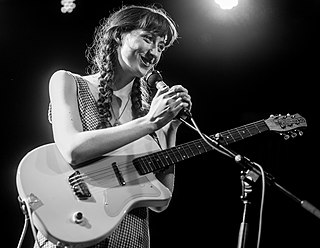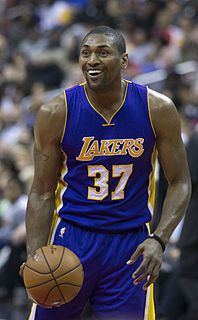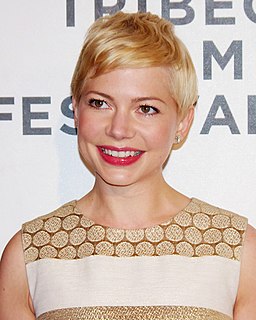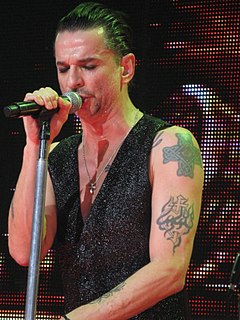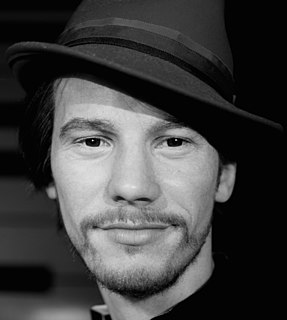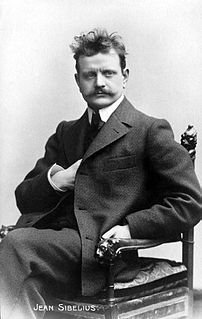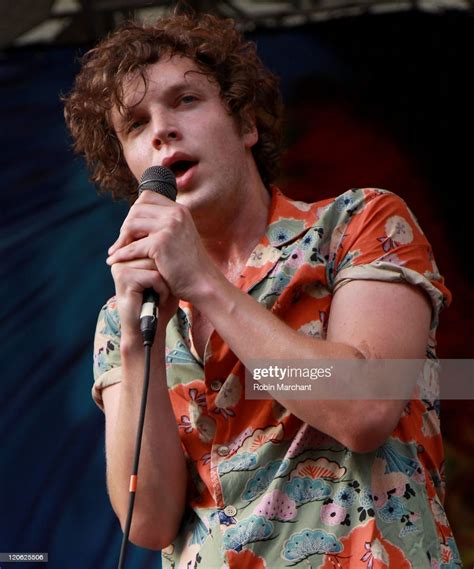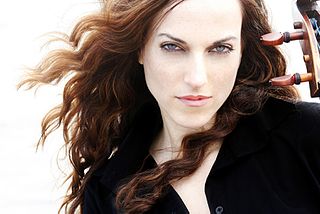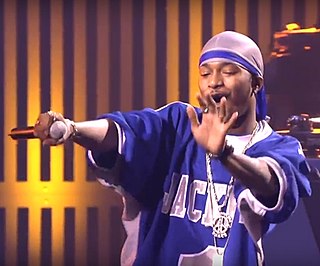A Quote by Paul Morley
There's endless possibilities to taking music into the future by using music that actually was 100 years old.
Quote Topics
Related Quotes
I remember when I was 5 or 6 years old, gospel music felt familiar, like I had heard it in the womb or something. A lot of those old gospel songs still give me that feeling, that it's older than time and there's actually music that can tap into a universal subconscious, or whatever word you want to put on it.
The joy is actually in the music. It's the music that supports you and tells you what to do. It tells you how to fill the music. You don't have to be shy about feeling the music when you're singing. If you believe in music-the power of music-the music will support you and take you to another dimension.
Saying you're a pop group isn't saying very much. Personally, when I think of pop, I think of instant, accessible, catchy songs - I definitely identify our music as that. I think that by writing pop, or instant, accessible or hopefully catchy music, it shoes you into bigger audiences because it seems that more people like that music. I think the possibilities are endless if you stick to a simplistic short song; the music can be as wild and bizarre as you want it to be, as long as at the core of it, there's something really strong.
People always focus on people like me who use synthesizers, right, which are explicitly electronic and therefore obvious. "Ah, yes, that's electronic music." But they don't realize that so is the concept of actually taking a piece of extant music and literally re-collaging it, taking chunks out and changing the dynamics radically and creating new rhythmic structures with echo and all that. That's real electronic music, as far as I'm concerned.
People around me are always an inspiration due to their love of the music and they help me to generate ideas for music. But it's really the passion and drive I have for my music that keeps me connected. I recorded my first song in the studio at 8 years old and I've taken it seriously since then. Making music is fun to me so I aim to translate those feelings into the music.
I think in the old music, everything was so competitive. It was all about - very selfish in a lot of ways. The label sort of capitalized on that desperation and that competition. In the new music landscape, with is the democratization of the internet and music in general, I think it can be a lot more collaborative. People, instead of competing, they can actually support each other, in music.
Music education can help spark a child's imagination or ignite a lifetime of passion. When you provide a child with new worlds to explore and challenges to tackle, the possibilities are endless. Music education should not be a privilege for a lucky few, it should be a part of every child's world of possiblity.

